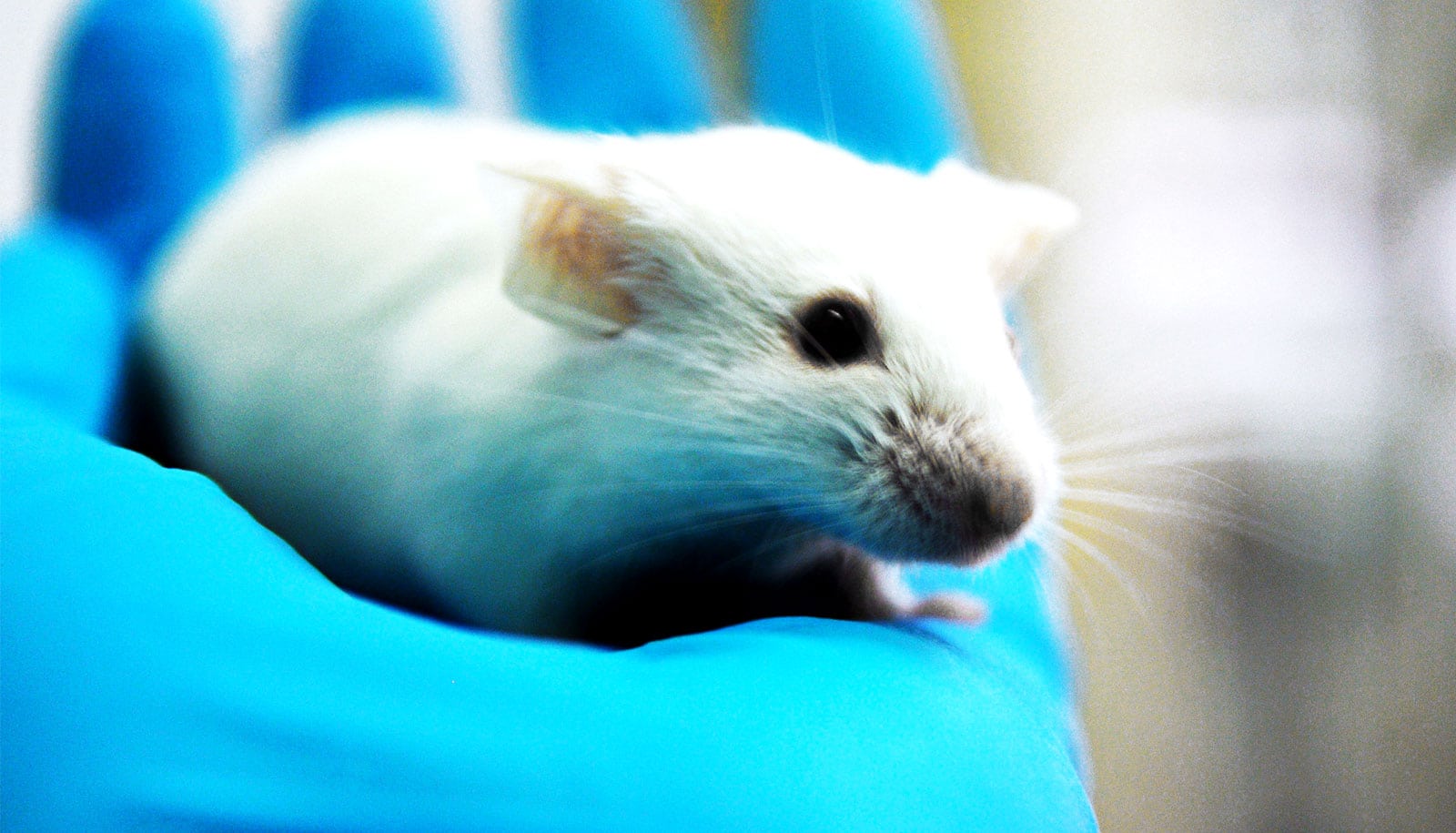A new compound designed to treat chronic pain offered complete relief when tested in mice, researchers say.
Between 7 and 10% of the world’s population suffers from chronic pain originating from damaged nerves. Now, researchers have found a new way to treat the severely debilitating disease.
Researchers have worked for more than a decade to design, develop, and test a drug that provides complete pain relief. The new results appear in the journal EMBO Molecular Medicine.
“We have developed a new way to treat chronic pain. It is a targeted treatment. That is, it does not affect the general neuronal signaling, but only affects the nerve changes that are caused by the disease,” says coauthor Kenneth Lindegaard Madsen, associate professor in the neuroscience department at the University of Copenhagen.
“We have been working on this for more than 10 years. We have taken the process all the way from understanding the biology [of], inventing, and designing the compound to describing how it works in animals, affects their behavior, and removes the pain.”
Chronic pain can occur, among other things, after surgery, in people with diabetes, after a blood clot, and after an amputation in the form of phantom pain.
The compound, a targeted peptide named Tat-P4-(C5)2, only affects the nerve changes that pose a problem and cause the pain.
In a previous study, the researchers showed in an animal model that use of the peptide can also reduce addiction. Therefore, they hope that the compound may potentially help pain patients who have become addicted to, for example, opioid pain relievers.
“The compound works very efficiently, and we do not see any side effects. We can administer this peptide and obtain complete pain relief in the mouse model we have used, without the lethargic effect that characterizes existing pain-relieving drugs,” Madsen says.
“Now, our next step is to work towards testing the treatment on people. The goal, for us, is to develop a drug, therefore the plan is to establish a biotech company as soon as possible so we can focus on this.”
The researchers are now working towards clinical trials in collaboration with researchers at Aarhus University. Novo Nordisk Foundation, the Lundbeck Foundation, and Independent Research Fund Denmark, funded the work. The researchers have filed a patent application.
Source: University of Copenhagen



